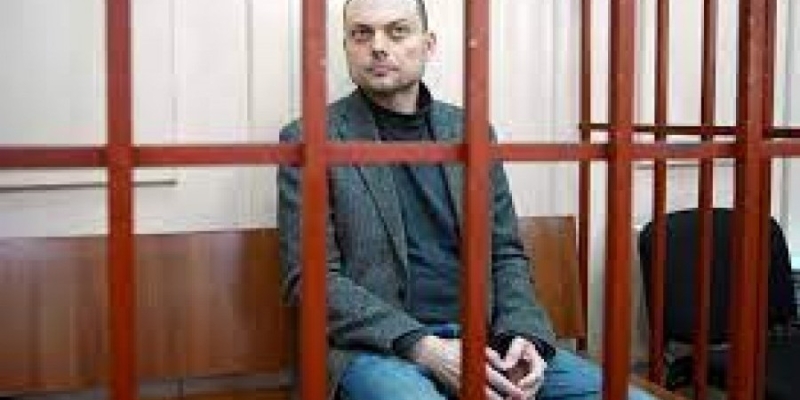
Bulgaria loses about one and a half billion euros a year due to the lack of state policy in the field of cultural tourism and this has been going on for thirty years, the director of the Institute for Analysis and Evaluation in Tourism said on Monday, Rumen Draganov in an interview with BTA shortly before the International Tourism Exhibition on the theme “Cultural Tourism 2023”, which starts in Veliko Tarnovo on April 20.
The problem comes from the fact that the state does not manage the cultural and historic property, and therefore does not know of its existence and does not have the necessary capital in this property to support local economies and create new jobs, he added.
Although it is impossible to say how much of Bulgaria's nearly 6 billion lev (€3.08 billion) annual tourism income comes from cultural tourism, there is a misconception that 70% comes from summer leisure tourism and 20% from winter ski tourism, argued Draganov. This is due to the complete misunderstanding of what cultural tourism represents and the fact that it is also year-round, not seasonal, he explained.
"We consider, for example, Varna and Burgas as summer destinations, but we do not note that in Varna there is an opera, a philharmonic, theaters, museums and a lot of public state property with a lot of empty accommodation. The same applies to Burgas. If we mentally remove the sea from these cities, we will see that we are talking about two European cultural destinations for year-round tourism”, the expert pointed out. Draganov added that the state does not invest in cultural advertising and bringing local monuments up to global standards, as development in this direction is being overlooked.
In addition, in the active summer months, coastal cities are saturated with cultural events instead of distributing them throughout the year and activating in spring, fall and winter, Draganov said. He added that the fact that the Golden Orpheus international song contest stopped taking place in the Sunny Beach resort "contributes" also to the lost economic benefits for Bulgaria in cultural tourism. "It is so hard to understand that this festival was Bulgaria's biggest marketing message to Europe, it generated huge numbers of tourists and that its cancellation was a huge folly for the state summer resort," he noted.
Thanks to its natural and historical diversity, Bulgaria has significant resources for the development of tourism, and cultural tourism in particular, says an analysis by Eksplika – Global Metrics, published on the website of the Ministry of Tourism. Key among these resources are UNESCO World Heritage Sites, Hundreds of National Tourist Monuments, thousands of local traditional and cultural attractions, over 40,000 historical monuments, over 160 monasteries, more than 330 museums and galleries, rich traditions in organizing festivals and holidays, ethnographic heritage, national cuisine and oenological traditions.
Source: KYPE
Despite these characteristics, Bulgaria is undetectable on the world map of cultural tourism, because the state does not know still who owns the public state property in the part of "cultural tourism" and which minister is responsible for the management of public property in this part, argued Draganov. Kat' in principle, it is under the Ministry of Regional Development, but the competent minister does not know this at all, said the director of the Institute for Analysis and Evaluation in Tourism.




